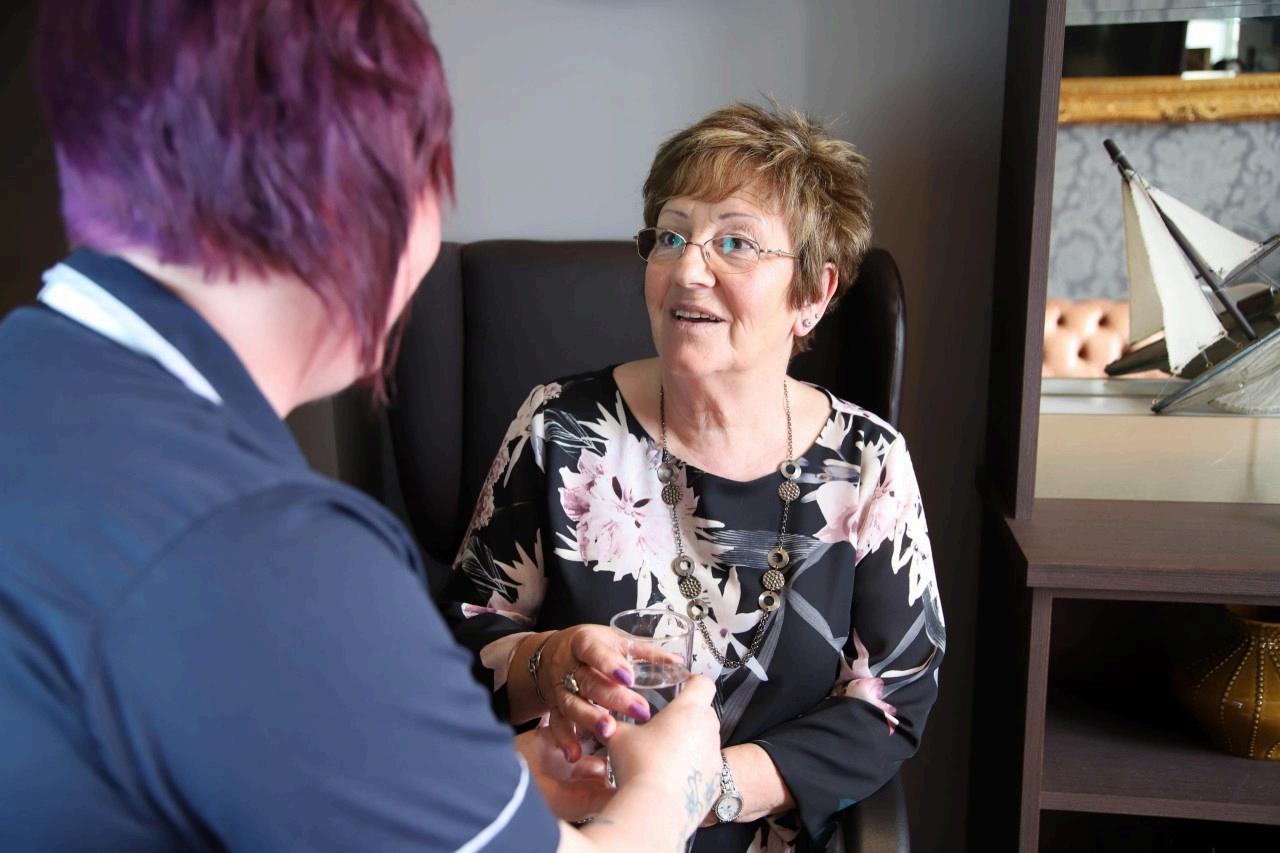
10 Importance of Communication in Nursing: Why It Saves Lives

A single miscommunication in a hospital can cost someone their life That’s how serious communication is in nursing.
Whether it’s handing over a patient, responding to an emergency, or explaining medication side effects, nurses must communicate clearly and quickly Nurses are often the main point of contact for patients, families, and other healthcare staff That makes their ability to give and receive information accurately a vital part of patient safety
This blog covers why communication is so important in nursing, the common challenges, and practical tips to improve it, because good communication doesn’t just make work easier, it saves lives
What Does Good Communication Mean in Nursing?
Good communication in nursing means sharing the right details without delay or confusion
It’s not about fancy words it’s about making sure nothing gets missed when caring for someone
Here’s what it looks like in day-to-day nursing:
Giving clear updates during shift handovers
Listening carefully to what patients say and don’t say
Explaining treatment steps in plain language
Picking up on signs through tone, mood, or behavior
Keeping patient records neat and up to date
When these things are done well, it leads to better decisions, fewer mistakes, and stronger trust between nurses and patients
10 Importance of Communication in Nursing
1. Prevent medical mistakes
When the nurses clearly communicate, the risk of drug errors, misinformation, or missed instructions falls During the handover, a simple misheard dose or missed note can create serious consequences quickly
Descriptions such as allergies, past conditions, and current symptoms should be provided without any gaps Incomplete or unclear communication can cause wrong decisions, even by skilled employees
2. Improves Patient Safety
By speaking the right words at the right time, nurses can prevent damage before it happens
For example, if a nurse �nds that something strange is happening, but remains silent, a patient may suffer damage When something is felt, it takes both courage and clarity to speak
3. Builds Patient Trust
Patients remember how nurses talk to them more than what has been said The calm words and a stable tone can reduce the fear in the patient
When patients are informed, they do not just feel safe – they cooperate They speak of side effects, ask the correct questions, and stick to the plan
4. Helps with Fast Decisions
In emergencies, there should not be any delay in decision-making. Every second counts, and in that moment, every word should matter. Nurses must get straight to the point
A quick update on the response to vital signs, pain, or reaction to treatment allows doctors to work fast
5. Smooth Handover Between Shifts
No nurse works alone The handover between shifts is the point where many details are lost A missed symptom or an unseen response can change everything.
The outgoing nurse should pass on every detail – what happened, what is pending, and what to see If there is one gap in this chain, the next nurse works blind
6. Handles Dif�cult Family Conversations
Family members do not always understand what is going on, and emotions run high Nurses often become a bridge between medical facts and personal fear
Being honest without being rigid is a skill. A wrong word can cause panic On the other hand, the right words can calm a storm
7. Encourages Team Collaboration
Hospitals do not run on single efforts Nurses work with doctors, lab staff, doctors, and more Without clear communication, teamwork fails
Bad updates lead to confusion, frequent work, or omission of care Open communication creates a rhythm – each professional knows what to do and when to do it
8. Supports Mental Health of Patients
It is not just a body that requires care. When the nurses talk slowly, it also helps the mind. Ignoring or misunderstanding can slow down.
Words have weight A few minutes of careful listening or a simple explanation may reduce anxiety, especially in the recovery from long-term care or surgery
9. Reduces Workplace Con�icts
Disagreement often begins with mixed messages Whether it is a tone misunderstanding or an instruction is not followed, vague words cause trouble.
When the nurses openly speak and investigate to understand, the issues of the workplace shrink The clear things keep things smooth, even during dif�cult shifts
10. Increases con�dence in new nurses
New nurses often second-guess themselves If the senior employee is open to questions and speaks clearly, it creates rapid con�dence
A nurse who feels safe to ask or clarify will make fewer mistakes Over time, this habit leads to sharp thinking and strong patient care
Barriers to Effective Communication in Nursing
Language Barrier: Patients who don’t speak the same language often nod without understanding. This can lead to silent harm
Time Pressure: Rushed talks lead to half-shared updates When things move too fast, clarity gets lost
Cultural Gaps: Beliefs and expectations differ A nurse’s message might be taken the wrong way, without either side realizing it
Poor Written Notes: Vague or messy records break the chain of care What’s not clear is often done wrong.
Lack of Training: A well-trained nurse knows when to speak and what to say. A trusted nursing agency in Wolverhampton can �ll that gap

